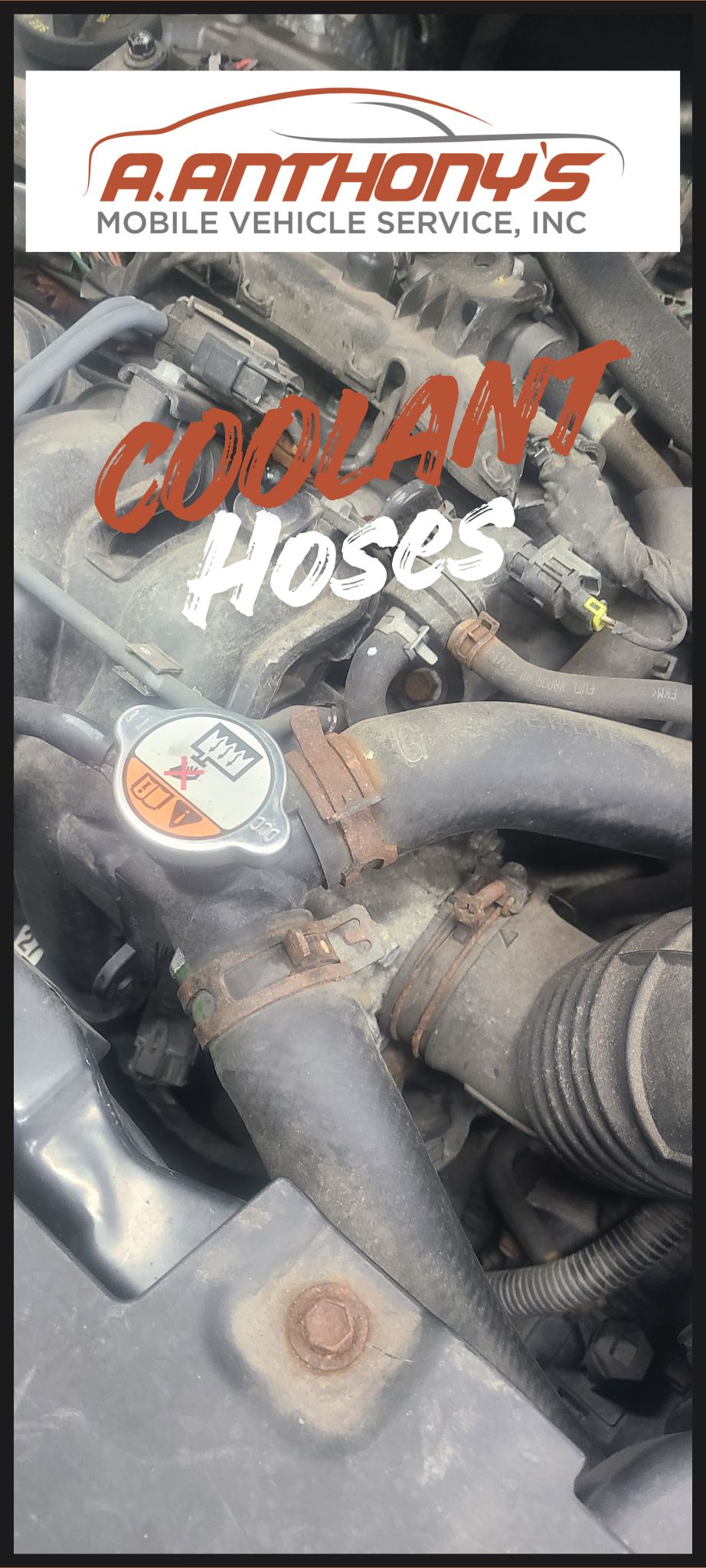
When it comes to keeping your vehicle reliable, the cooling system is one of the most important, yet most overlooked, parts of your car. Radiator hoses and coolant hoses may look simple, but they play a huge role in preventing overheating, protecting your engine, and keeping you safely on the road. At A. Anthony's Mobile Vehicle Service, Inc, we believe in educating our clients so you can make confident decisions about your vehicle. Today, we're breaking down why hose inspections matter, what warning signs to look for, and how our team helps keep your car running cool and strong. Why Your Radiator & Coolant Hoses Matter Your cooling system circulates coolant from the engine to the radiator and back again. This process controls your engine temperature and prevents overheating. Each hose is responsible for safely moving high-temperature coolant, often under pressure, through your system. When a hose fails, that coolant escapes, leaving your engine unprote ... read more